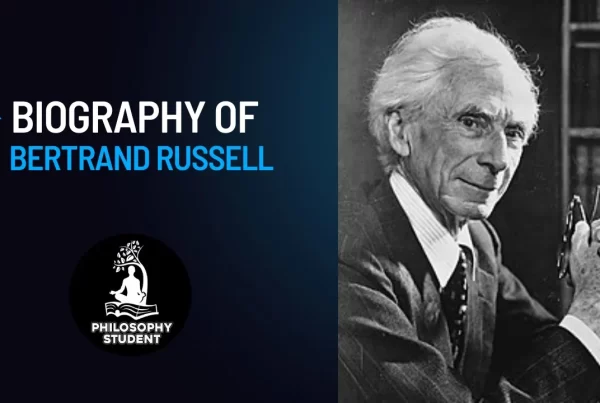In the classical logics already discussed, the logical connectives are taken to be bivalent—that is, they allow of only two different truth values: true and false. One natural extension to classical logic, therefore, is to introduce additional truth values into our semantics, leading to many-valued logics with corresponding many-valued truth tables.
One of the earliest such proposals concerned the valuation of future contingents, statements about the future concerning events or states that have not yet happened. We may for instance be unwilling to say that a future contingent statement P (“it will rain tomorrow”) is true, on the grounds that it has yet to happen and, indeed, might not happen at all; however, just because P is not true, it does not follow that we would be willing to say that ¬P is true (since it might rain after all). It has been proposed, therefore, to assign such future contingents a third truth value i to indicate that they are indeterminate. One of the earliest examples of this is Ignacy Łukasiewicz’s (1822-1882) three-valued logic, which has the following truth-tables:
P Q ¬P P & Q P ∨∨ Q P ⊃⊃ Q P ≡ Q
T T F T T T T
T F F F T F F
T i F i T i i
i T i i T T i
i F i F i i i
i i i i i T T
F T T F T T F
F i T F i T i
F F T F F T T
Łukasiewicz’s system, however, is controversial for future contingents, as it evaluates (P ∨ ¬P) as indeterminate, even though, intuitively, it is true that it will either rain tomorrow or not rain tomorrow.
Similar proposals have been made in the case of vagueness. A vague predicate is one for which there are undecidable or borderline cases as to whether it is satisfied by a particular object. The typical examples follow the Sorites Paradox, insofar as while we would be unwilling to say that a single grain of sand “is a heap,” and unwilling to say that adding one more grain of sand will make something a heap that was not so already, at some (vaguely specified) point we will have enough grains of sand whereby it is appropriate to say that it “is a heap.” If this vagueness cannot be explained away in epistemological terms, then the alternative is to concede that some predicate expressions are neither true nor false, but rather indeterminate.




































